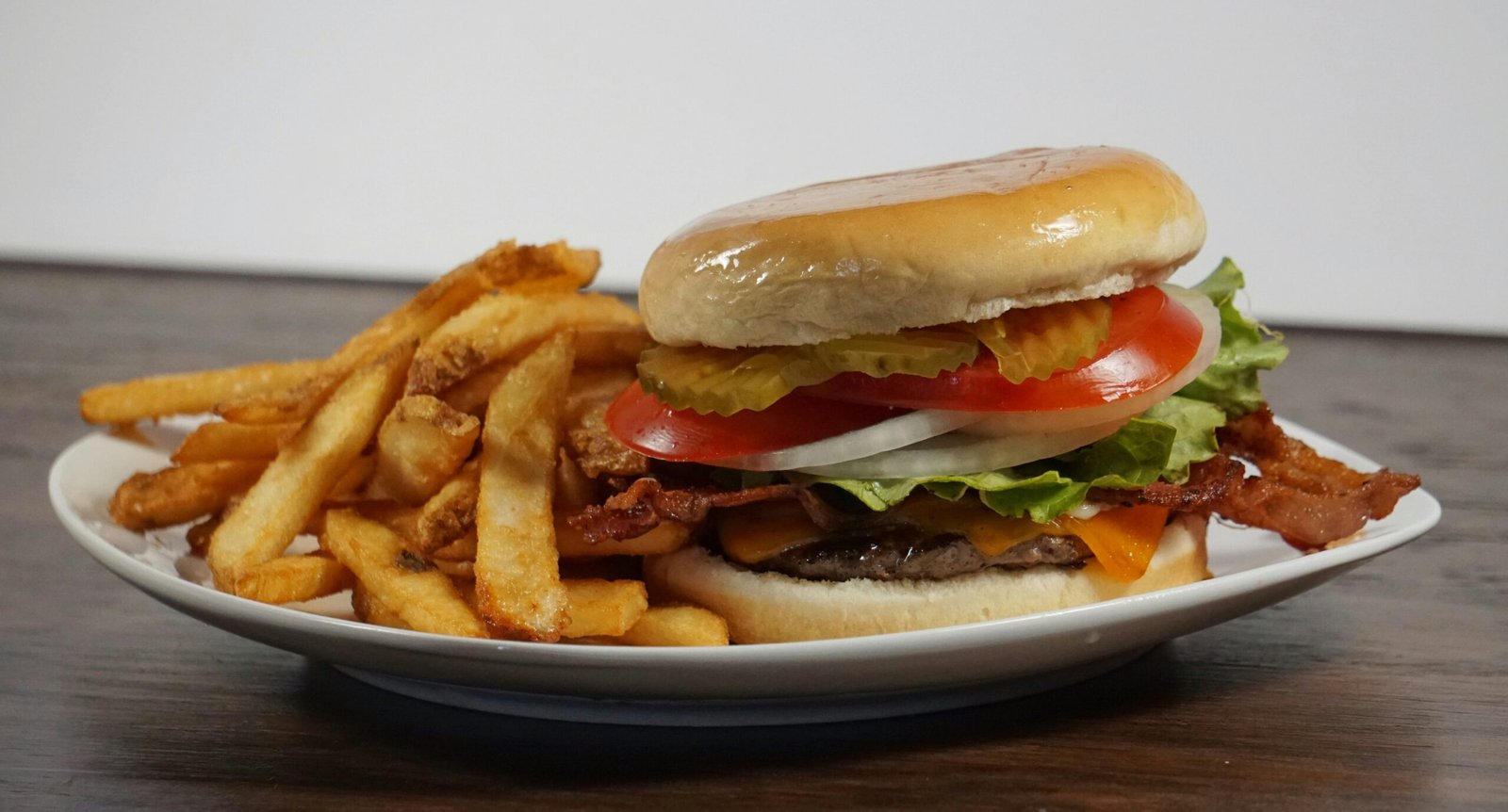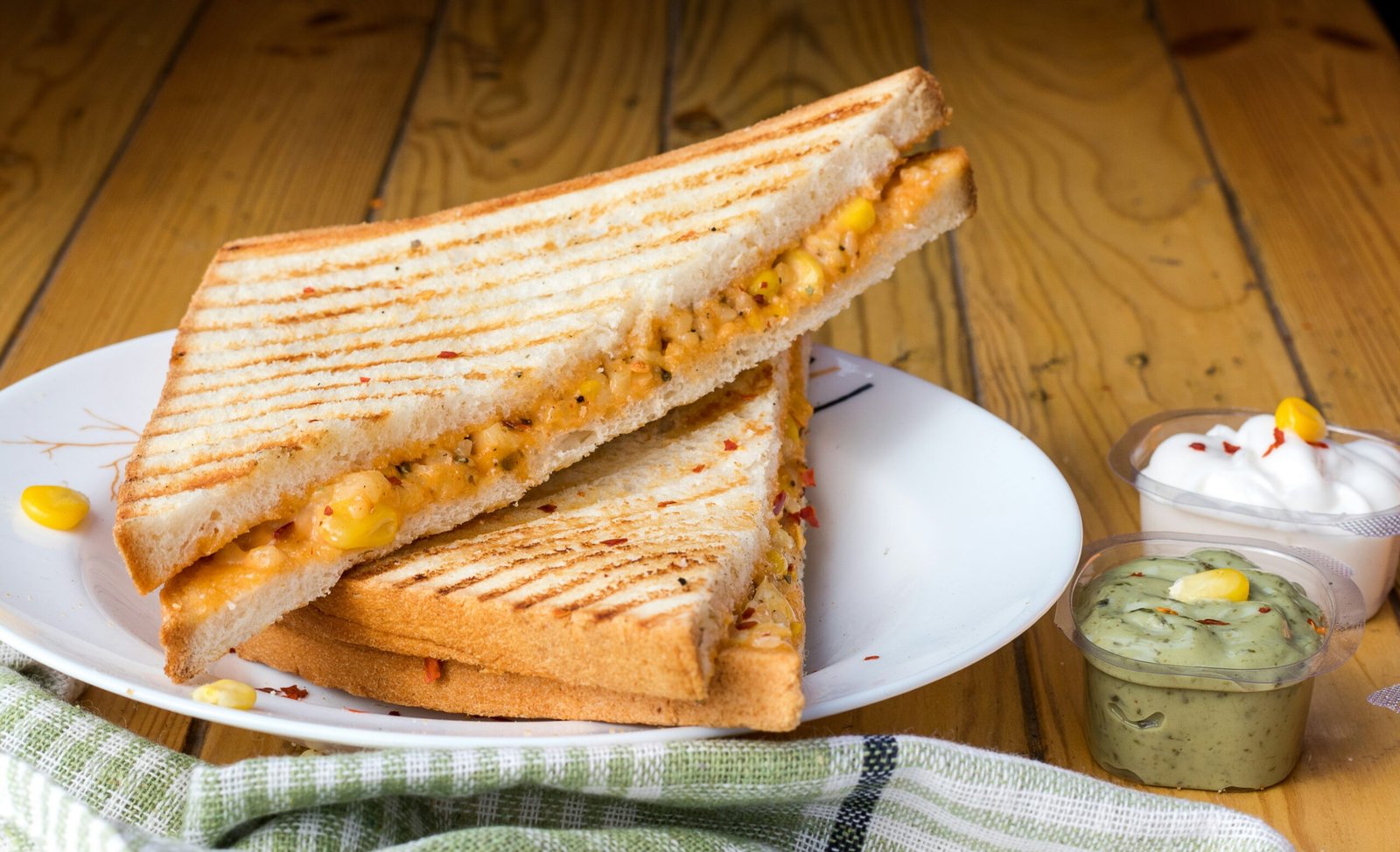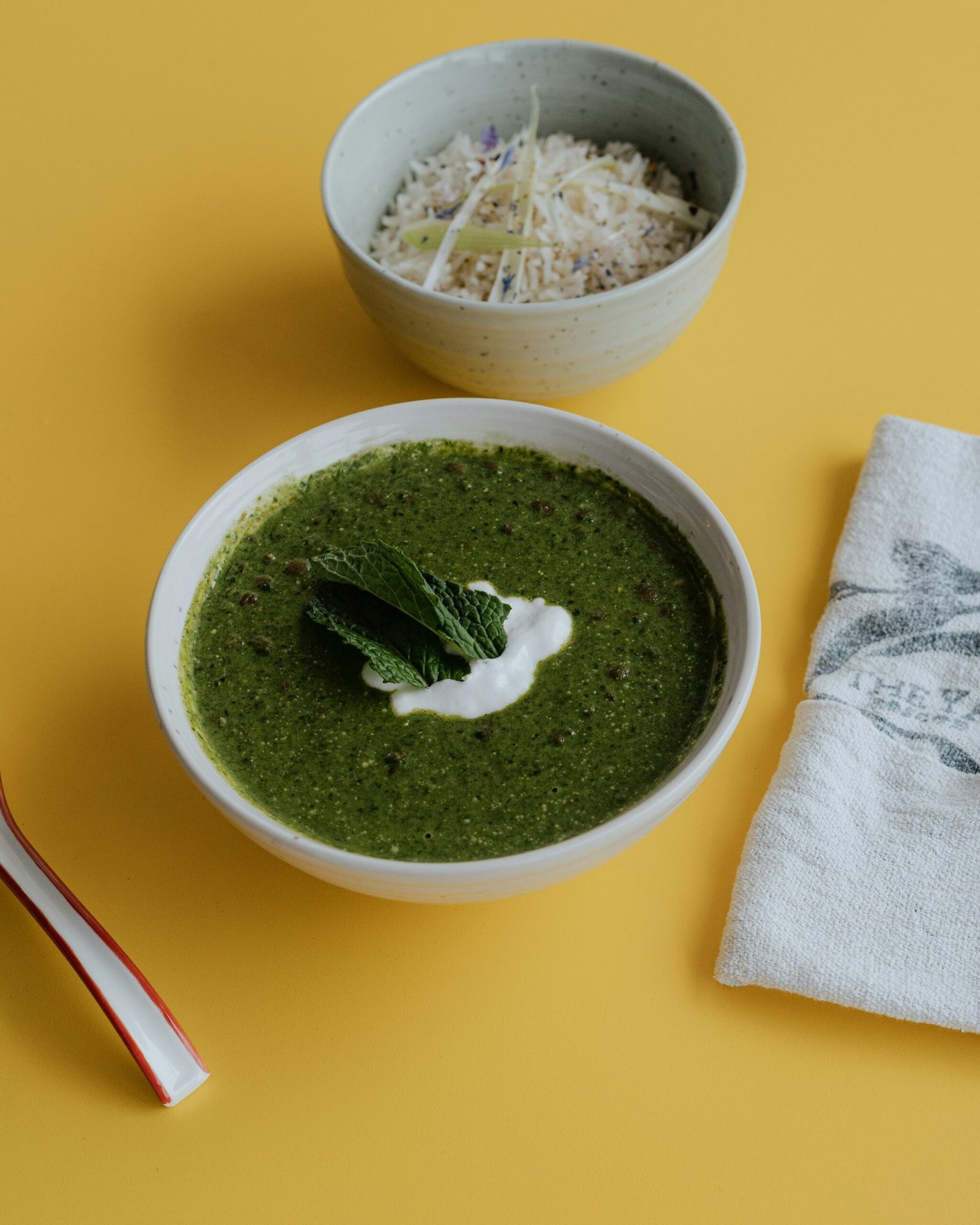Introduction to Black Cake
Black Cake, often referred to as Caribbean fruitcake, is a quintessential dessert deeply ingrained in the culinary traditions of the Caribbean. Its roots can be traced back to British plum pudding, a colonial-era import, which has since evolved into a rich, moist cake, bursting with an array of dried fruits and spices. The cake’s dark, almost black hue is achieved through the use of deeply caramelized sugar, known as “browning,” and the extensive aging process that includes soaking fruit in rum or wine, sometimes for up to a year.

This dessert holds a special place in Caribbean culture, particularly during the holiday season. Christmas, weddings, and other significant celebrations are incomplete without the presence of this delectable treat. Black Cake’s unique characteristics stem not only from its ingredients but also from the meticulous methods used in its preparation. The traditional recipe calls for raisins, currants, prunes, and a variety of other dried fruits, all finely chopped and combined with spices such as cinnamon, nutmeg, and allspice.
Beyond its delicious taste and rich texture, Black Cake symbolizes family, heritage, and the warmth of home. The process of making Black Cake is often a communal activity, bringing generations together in a shared tradition that transcends time and geography. Each bite of this cake tells a story, reflecting the diversity and resilience of Caribbean culture.
During the holidays, homes across the Caribbean Islands are filled with the aroma of baking Black Cake, signaling the start of festive gatherings and joyful feasts. Its preparation and consumption serve as a means of preserving cultural identity and fostering a sense of community among the Caribbean diaspora worldwide. This beloved cake not only graces dinner tables but also embodies the spirit of celebration and togetherness.
Historical Roots and Cultural Significance
The origins of Black Cake can be traced back to the colonial period, where British plum pudding profoundly influenced the Caribbean version. The British settlers introduced plum pudding during the 18th century, a dessert that eventually evolved as it incorporated locally available ingredients and spices characteristic of the Caribbean. Notably, this melding of culinary traditions was also shaped by the historical trade routes that ran through the Caribbean, bringing a variety of dried fruits and spices to the region.
As the Caribbean culinary landscape diversified, the Black Cake emerged, distinct in its use of rich, dark rum, molasses, and an array of dried fruits, which are typically soaked in alcohol for months. This method of preparation not only infuses the cake with robust flavors but also preserves the fruits, symbolizing the resourcefulness necessitated by the region’s oftentimes scarce resources. Over the years, Black Cake has cemented itself as a festive treat, traditionally baked during the Christmas season and at weddings.
Beyond its delectable taste, Black Cake holds a deep cultural significance within Caribbean communities. It is a symbol of unity, much like the diverse ingredients that harmoniously come together to create a singular culinary masterpiece. Black Cake plays an integral role during celebrations and gatherings, signifying the joy of reunion and the continuity of tradition. Families often pass down cherished recipes through the generations, ensuring that each slice of Black Cake serves not only as a dessert but also a flavorful link to the past.
Moreover, the meticulous preparation process of Black Cake, involving the soaking of fruits and blending of spices, often becomes a communal activity, reinforcing bonds among family members and the broader community. Thus, Black Cake is not merely a delicious item on the holiday table but a vessel of shared heritage, lovingly crafted and enjoyed through the lens of culture, history, and familial ties.
“`html
Ingredients Overview
Black Cake, a quintessential Caribbean holiday dessert, boasts a rich and aromatic flavor profile owed to its unique combination of key ingredients. Central to its distinctiveness are dried fruits such as currants, raisins, and prunes. These fruits undergo an extensive soaking process in rum or wine, often for several months, which allows them to absorb the liquid fully and swell. This soaking not only imparts a deep, rich flavor but also helps to achieve the cake’s dense texture.
Spices play an equally vital role in crafting the Black Cake’s signature taste. Nutmeg and cinnamon are the primary spices used, and they contribute warming notes and a complex depth to the cake. These spices, often found in holiday baking, evoke comfort and nostalgia, aligning perfectly with the festive season.
Another noteworthy ingredient is the alcohol in which the dried fruits are soaked. Typically, dark rum or a combination of rum and red wine is used. This soaking process infuses the fruits with a robust and slightly boozy flavor, which is an integral part of the cake’s character. The alcohol also helps to preserve the cake, enhancing its shelf life and allowing it to be enjoyed over an extended period.
While the dried fruits and spices form the cornerstone of Black Cake’s flavor profile, other ingredients also contribute to its overall taste and texture. These include flour, sugar, butter, and eggs, which provide the structure and richness expected in a traditional cake. The careful balance and interaction of these ingredients result in a moist, dense, and richly flavored dessert that is synonymous with Caribbean holiday celebrations.
“““html
Preparation and Baking Process
The preparation of Black Cake is a meticulous process, often beginning months before the actual baking. One of the most distinctive aspects of Black Cake is the soaking of dried fruits. Typically, a combination of raisins, currants, prunes, and mixed peel are steeped in a potent mixture of rum and wine. This soaking period can range from a few weeks to several months, allowing the fruits to absorb the alcohol and develop a rich, deep flavor that is quintessential to Black Cake.
When it comes to the actual preparation, the soaked fruits are finely ground to create a smooth, thick paste. This paste is then combined with a rich batter made from butter, sugar, eggs, and flour. Key to the batter is the incorporation of spices such as cinnamon, nutmeg, and allspice, which imbue the cake with its warm, festive aroma. Another notable ingredient is browning, a caramelized sugar syrup that gives the Black Cake its characteristic dark color and distinctive taste.
Regional variations across the Caribbean islands can influence the preparation methods and specific ingredients used. For instance, in Trinidad and Tobago, the inclusion of cherry brandy and Angostura bitters is commonplace, adding a unique twist to the traditional recipe. Meanwhile, in Jamaica, pimento and ginger are often added to enhance the spiciness of the cake.
Baking the Black Cake requires careful attention to detail. Typically, the cake is baked at a low temperature for an extended period, allowing it to cook evenly and remain moist. It is recommended to line the baking pans with parchment paper and even wrap the pans with a double layer of brown paper to prevent the cake from drying out. Once baked, the cake is usually brushed with additional rum or wine, ensuring that it stays moist and flavorful. Some bakers even store the cake for weeks, continually feeding it with alcohol, which allows the flavors to meld and intensify.
“`
Modern Twists and Variations
The timeless allure of Black Cake remains unparalleled, but today’s culinary landscape allows for both creativity and adaptability. Modern twists on this Caribbean classic cater to evolving tastes and dietary preferences, ensuring that Black Cake continues to be a beloved holiday staple.
One notable contemporary variation involves ingredient substitutions for health-conscious individuals. Traditional Black Cake recipes often call for a substantial amount of butter and sugar, contributing to its rich flavor and dense texture. Today, many bakers opt for healthier alternatives, such as using coconut oil or avocado oil in place of butter, and substituting refined sugar with natural sweeteners like honey, agave nectar, or coconut sugar. These adjustments not only make the cake lighter but also add a unique flavor profile that aligns with modern dietary trends.
Another popular adaptation addresses the growing demand for gluten-free and vegan options. Gluten-free flour blends, often composed of almond, coconut, or rice flour, allow individuals with gluten sensitivities to enjoy Black Cake without compromising on texture or taste. For vegan variations, ingredients like flaxseed eggs or applesauce can be used as egg replacements, maintaining the cake’s moist and rich consistency.
Baking techniques have also evolved to meet the preferences of newer generations. Traditional methods often require soaking dried fruits in alcohol for several months. While this extended process undeniably infuses the cake with deep, complex flavors, time constraints have led to quicker alternatives. Some bakers now use pressure cookers or sous-vide techniques to expedite the infusion process, ensuring the fruits absorb the desired flavors in a fraction of the time.
Flavor enhancements, too, reflect contemporary palates. The introduction of exotic spices such as cardamom, star anise, or even a hint of matcha powder can provide a modern twist while honoring the essence of the traditional Caribbean Black Cake. Customizations like these help keep the recipe vibrant and relevant, bridging the gap between heritage and innovation.
Serving Suggestions and Pairings
When it comes to serving Black Cake, presentation is key, especially during festive occasions. To enhance the visual appeal, consider adorning the cake with a sprinkle of powdered sugar or a light glaze that will add a touch of elegance. For a festive look, garnish with whole or chopped nuts, and perhaps a few dried fruits that echo the ingredients within the cake itself. Arranging the slices on a tiered cake stand can also elevate the presentation, making it the centerpiece of any holiday gathering.
Black Cake’s dense texture and rich flavors pair exceptionally well with a variety of beverages. Rum is a traditional favorite, as it complements the cake’s deep, spiced undertones beautifully. Serving a well-aged dark rum alongside each slice can create a cohesive tasting experience. For those preferring a non-alcoholic option, coffee is an excellent choice. The robust nature of a freshly brewed cup of coffee harmonizes effortlessly with the cake’s complexity, making each bite and sip a delightful combination. Alternatively, a spiced tea, such as Chai, can introduce complementary notes of cinnamon, cloves, and cardamom, enhancing the overall flavor profile of the cake.
During holiday gatherings, Black Cake is often shared as a symbol of generosity and celebration. Traditionally, a slice of this flavorful cake is seen as a gesture of goodwill and holiday cheer. Families and friends gather around to enjoy this treat together, often accompanied by lively conversations and storytelling. Serving Black Cake in small, manageable slices ensures that its rich flavors can be savored without overwhelming the palate, allowing guests to appreciate the depth of taste in every bite.
In summary, whether you choose to pair it with a robust rum, a well-brewed cup of coffee, or a spiced tea, the key lies in thoughtful presentation and a sense of sharing that embodies the spirit of the holiday season. By attending to these aspects, you can ensure that Black Cake remains a cherished and delicious centerpiece of your festive celebrations.
Black Cake Across the Caribbean
Black Cake, a staple during holiday celebrations throughout the Caribbean, is a testament to the region’s rich and diverse cultural tapestry. Despite the commonalities in its basic ingredients and preparation methods, various islands infuse their unique flavors and traditions into this beloved dessert. Understanding these regional variations provides a deeper appreciation for the culinary heritage of the Caribbean as a whole.
In Jamaica, the Black Cake is often synonymous with Christmas and weddings, where it is traditionally steeped in rum and red wine, and sometimes even wrapped in plastic and tin foil for months to let the flavors develop fully. This aging process results in an intensively rich and moist cake, embraced as a quintessential part of Jamaican celebrations. Spices like nutmeg, allspice, and cinnamon are critical, providing a robust and aromatic finish.
In Trinidad and Tobago, Black Cake is not only a Christmas treat but also a symbol of festivity during Carnival season. Trinidadians often incorporate their love for rich spirits, using locally produced rum and sweetened wine, shaping a cake that is juicy and bursting with flavor. The dried fruits in Trinidadian Black Cake are sometimes boiled in a mixture of rum and sugar, making the fruit even more succulent and deeply infused with flavors. Additionally, the inclusion of mixed peel and burnt sugar syrup lends a distinctive, dark color to the cake.
Meanwhile, in Barbados, Black Cake holds a cherished spot on the table during Christmas time. Bajans often prefer a lighter density compared to other Caribbean variations, yet they ensure the cake is packed with a punch by soaking the dried fruits in Barbadian rum for several weeks. In some Bajan households, the Black Cake incorporates local ingredients like golden apple chutney to add a tangy twist, reflecting an innovative adaptation within the traditional recipe.
Despite these nuanced differences, what unites these variations is the fundamental idea of Black Cake as a symbol of family, warmth, and celebration. Each Caribbean nation brings its local ingredients and unique practices, yet they all share a common heritage that celebrates their collective history and identity. This diversity within a shared tradition highlights the cultural richness and regional pride that Black Cake embodies throughout the Caribbean.
Preserving Tradition and Passing It On
The tradition of Black Cake is more than just a holiday dessert; it is an embodiment of heritage, cultural identity, and familial bonds in Caribbean communities. Passed down through generations, the practice of making Black Cake during the festive season serves as a connective thread linking the past with the present, ensuring that the rich history embedded in its preparation is not forgotten.
Many families hold dear the rituals associated with Black Cake baking. For instance, Auntie Marie recalls, “My grandmother would start soaking the fruits in rum months in advance. The aroma used to fill the house, signaling that Christmas was coming.” Such anecdotes reveal the deep-rooted connection between the cake and the holiday spirit, transforming a simple act of baking into a multi-generational experience.
In many households, the recipe itself is a closely guarded secret, passed on with great care. Marcia, a resident of Trinidad, shares, “My mother taught me how to bake Black Cake when I was just a girl. Today, I bake it with my own children, making sure they understand each step of the process.” This generational passage not only ensures the survival of the Black Cake tradition but also reinforces notions of identity and belonging.
Black Cake also plays a significant role in communal celebrations. During Christmas and other festive times, it is common for families to exchange slices of Black Cake as tokens of goodwill. This gesture fosters a sense of unity and shared cultural pride within the community. Ishmael, a baker from Barbados, notes that “the love and effort put into each Black Cake reflect our commitment to preserving our heritage.”
Thus, Black Cake serves as a delicious reminder of the strength and resilience of Caribbean culture. Whether through storytelling, hands-on baking, or the simple act of sharing, the tradition is continually preserved and honored, ensuring that future generations remain deeply connected to their roots. This enduring legacy keeps the spirit of the Caribbean alive, one slice at a time.














Thank you for your articles. They are very helpful to me. May I ask you a question?